Economic Assessment of Programme Impact

ARISE NTD Coverage Evaluation – Cost Analysis
Neglected Tropical Diseases (NTD) can be prevented, controlled, and eliminated by an appropriate combination of interventions, if appropriate tools and commodities are available. A fundamental step for monitoring the success of NTD programmes is to know the coverage of preventive chemotherapy distribution. The Children’s Investment Fund Foundation (CIFF) commissioned Kantar to conduct a coverage evaluation […]
View Project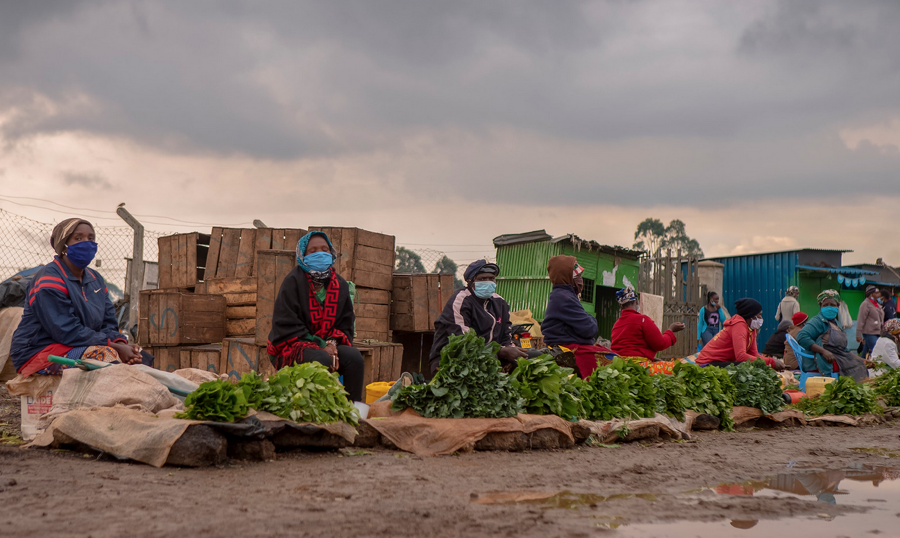
Faya Impact Evaluation
Faya was a two-year Children’s Investment Fund Foundation (CIFF) investment targeting adolescents between the ages of 15 to 19 years old in Homa Bay, Kilifi, Mombasa, and Siaya counties in Kenya. The programme, implemented by Amref Health Africa, looked to increase access to quality sexual and reproductive health (SRH) education among adolescents and to link […]
View Project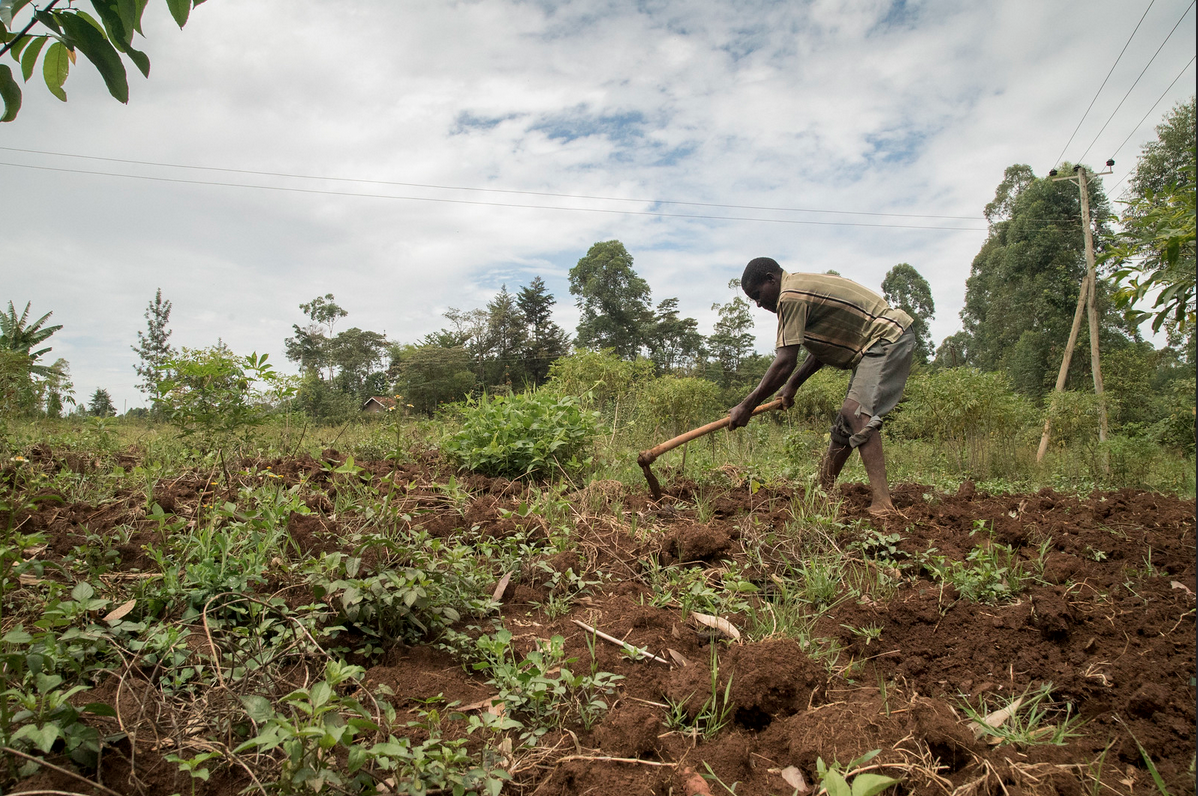
One Acre Fund (OAF) cost effectiveness analysis
LAMP conducted a cost-effectiveness analysis of adding the nutrition programme to the core OAF programme, as part of the evaluation led by to compare outcomes relating to household dietary diversity, women’s dietary diversity, and minimum acceptable diet of children.
View Project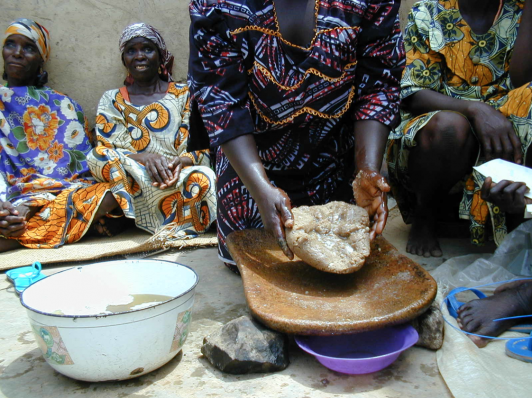
E4A Mamaye – Health Financing case-study in 3 states in Nigeria
LAMP was commissioned by E4A to produce a case study identifying how allocation and release of funding for Reproductive, Maternal, Newborn, and Child Health changed between 2019 to 2021 in Bauchi, Niger, and Lagos States, and assess the extent to which the COVID-19 pandemic contributed to these changes.
View Project
Independent Evaluation of Development Impact Bonds
We are currently providing inputs to the Independent Evaluation of the Development Impact Bonds (DIBs Pilot Programme). The purpose of the evaluation is to generate learnings and recommendations on the use of DIBs as an instrument for aid delivery, by using the experience of the UK Aid DIBs pilot programme to generate learning to inform […]
View Project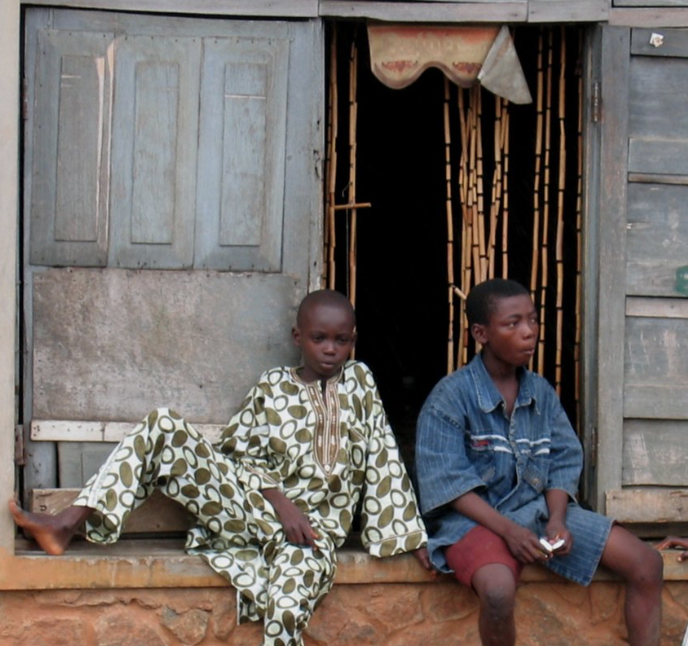
Mobilising for Development (M4D) – Value for Money Analysis
Mobilising for Development (M4D) was a six-year local governance programme in three northern states of Nigeria funded by UK Aid. The programme aimed to “support local and state level policy makers and service providersto be more responsive and accountable to citizens’ better articulated demands and entitlements, especially adolescent girls (AG) and people with disability (PWD)”. […]
View Project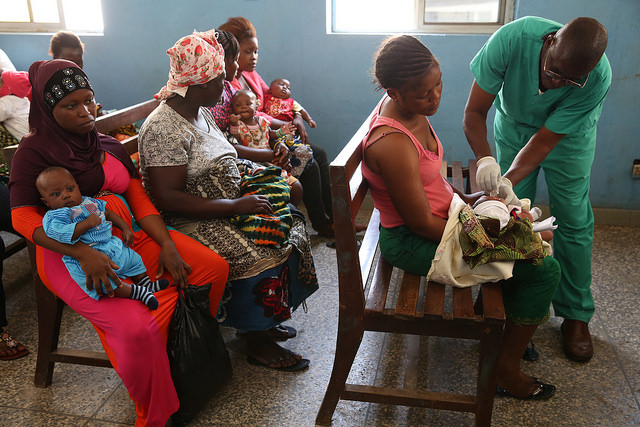
Integrated Reproductive, Maternal and Newborn Health (IRMNH) – VFM Benchmarking and CEA
The IRMNH program is a five-year programme which supported the use of a nationwide comprehensive package of reproductive, maternal and newborn health care services across Sierra Leone. The programme is innovative in that it brings together major implementing partners in the health sector to support the Ministry of Health and Sanitation under one umbrella programme. […]
View Project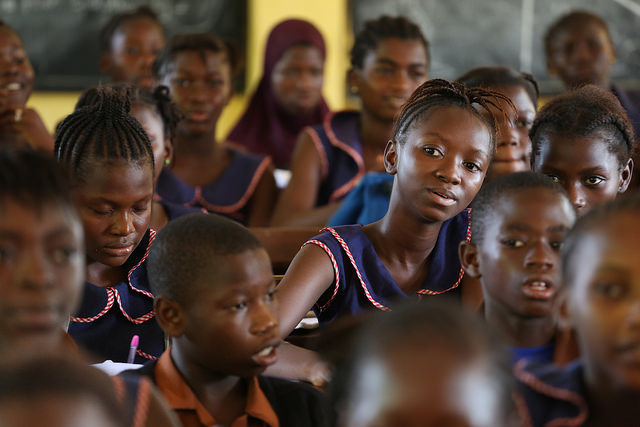
Strengthening Referral Pathways from the Street to School – Endline Evaluation
Endline Evaluation of the EU/NSA project – Strengthening Referral Pathways from the Street to School – Supporting Non State Actors to Protect and Empower Extremely Vulnerable Children and Youth in Sierra Leone The GOAL Ireland in collaboration with four partners – St Georges Foundation, Sierra Leone Aid Volunteers, Integrated Children and Youth Initiative and Ben […]
View Project
Strengthening Research and Knowledge Systems VFM analysis
The Strengthening Research and Knowledge Systems (SRKS) programme, was a five-year, £10.2m programme jointly funded by UK Aid and the Swedish International Development Cooperation Agency (Sida) and implemented by INASP between 2013 and 2018. The programme aimed to increase sustainable (a) access to and (b) production of research literature in particular low income countries. The […]
View Project
MamaYe – Social Return on Investment analysis
Started in 2012, E4A-MamaYe has used a combination of evidence and advocacy to drive accountability for maternal and newborn outcomes. E4A-MamaYe acts as a catalyst for action, using evidence strategically to generate political commitment, strengthen accountability and improve planning and decision making at sub-national and national levels. In Nigeria, E4A-MamaYe supports the implementation of Maternal […]
View Project